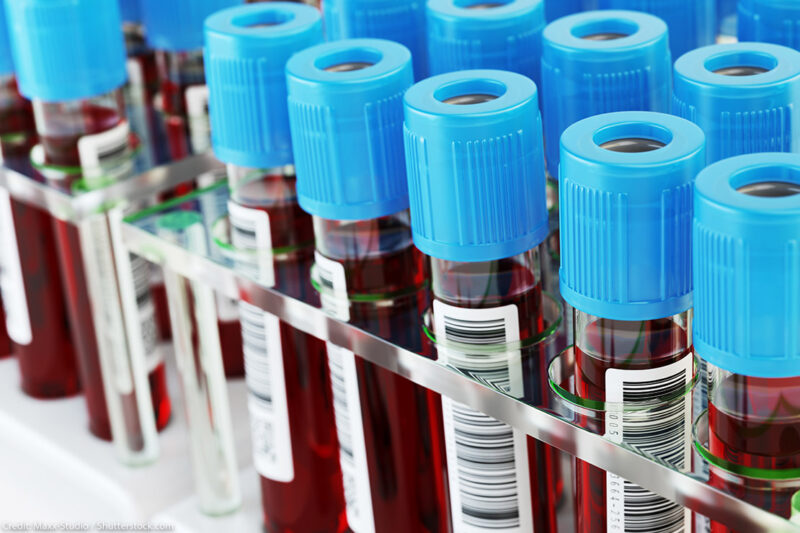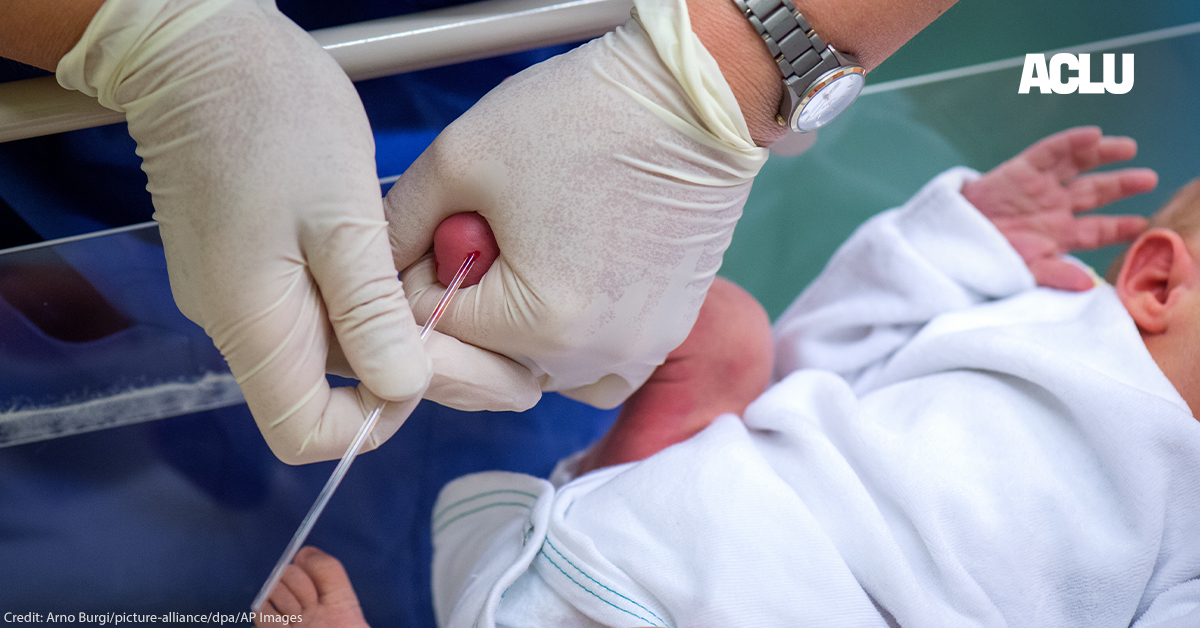Donated Blood or an Organ? Police ShouldnÔÇÖt Have Easy Access to Your DNA


In 2015, following a DUI arrest, Ian Mitcham consented to having a blood sample collected to test for blood-alcohol concentration. He was advised his sample would be destroyed after 90 days. Instead, law enforcement held onto it for three years. Then, without obtaining a warrant, a detective used this old blood sample for a completely different purpose ÔÇö to extract and analyze Mr. MitchamÔÇÖs DNA while investigating another crime.
As weÔÇÖre arguing before the Arizona Court of Appeals tomorrow, and set forth in a friend-of-the-court brief, this clearly violated Mr. MitchamÔÇÖs constitutional rights under the Fourth Amendment. Despite this, the State makes a terrifying argument to justify its actions: that it has the power to obtain DNA profiles from any biological sample in its lawful possession, without court oversight or approval.

State v. Mitcham
The └¤░─├┼┐¬¢▒¢ß╣¹ and the └¤░─├┼┐¬¢▒¢ß╣¹ of Arizona are arguing that the government cannot genetically test any biological material it already has in its possession.
Source: └¤░─├┼┐¬¢▒¢ß╣¹
The consequences of this argument are chilling. Our DNA contains extremely personal and sensitive information, including information about our medical history, possible future health conditions, ancestry, and physical appearance. It can reveal those details not only about us, but also our family members, including future children. Combined with other public data, it can expose deeply private information ÔÇö from previously unknown family histories of adoptions, misattributed paternity, risk of early mortality, or siblings we didnÔÇÖt even know about. Given this, collecting and analyzing DNA constitutes a seizure and search under the Fourth Amendment. And the government must obtain a warrant before extracting it.
Yet in this case, the State claims that since Mr. Mitcham consented to provide a blood sample three years ago, it can ignore that requirement, even though he consented to the collection only for a blood-alcohol test, and the sample should have been destroyed after 90 days.
With this rationale, all of us who consent to a biological sample collection, at any point in time, for any purpose, to any government entity, may be subject to a warrantless DNA search after the fact.
This would be incredibly dangerous, considering all the contexts in which the government has lawful access to our biological material ÔÇö from blood taken from newborns to screen for diseases, to organs donated for transplant, to specimens collected from survivors of sexual assault. If the StateÔÇÖs arguments are accepted, police could theoretically extract any personÔÇÖs DNA from their biological material and create a genetic profile without a warrant.

Widespread Newborn DNA Sequencing Will Worsen Risks to Genetic Privacy
As newborn screening programs expand to include babiesÔÇÖ entire genomes, parents must be made aware of the privacy risks.
Source: └¤░─├┼┐¬¢▒¢ß╣¹
A number of federal government agencies collect our biological material for critical public health purposes. The collects blood, bodily fluids, tissues, and other biological materials to study the genetic and environmental factors associated with disease in order to develop new treatments. The collects biological samples from people living near contaminated sites or from populations that may be at higher risk of exposure to environmental pollutants to measure their exposure to contaminants. The Centers for Disease Control and Prevention collects biological samples, like and nasal or throat swabs for , to study changes to the virus and develop new treatments. It also from approximately 5,000 people each year ÔÇ£to assess the health and nutritional status of adults and children.ÔÇØ
In addition, the government collects ÔÇö and people consent to the use of ÔÇö biological materials for more individualized purposes, also distinct from investigating crimes. For example, some U.S. citizens and lawful permanent residents provide buccal swabs to verify their family relationships to people to the United States. People donate their biological material to help identify or locate . Olympic and Paralympic biological samples, including blood, to the United States Anti-Doping Agency to test for prohibited substances.
In many instances, sample collection has targeted minority communities. For example, the city of Tulsa, Oklahoma from Black people to identify relatives of individuals killed during the Tulsa race massacre. In Arizona, where this case is taking place, the Pima County Medical ExaminerÔÇÖs Office is currently working to from Latin American individuals to help identify more than 1,200 human remains. Given this countryÔÇÖs history of systemic mistreatment, the risks posed by unfettered access to the genetic information of marginalized communities are unquestionable.
Without constitutional protection, there may be a greater risk of the government abusing these resources to generate and analyze genetic profiles as they please. Given how law enforcement acted in this case, and in other criminal investigations where they collect suspectsÔÇÖ DNA without their knowledge or consent from items they discard or throw away, this kind of abuse would not be surprising or far off. Moreover, if our privacy protections erode, so does public trust in these vital government programs. Without this trust, important medical and public health research will suffer.
Consent for the government to collect a biological sample for a particular purpose cannot authorize unfettered genetic testing for a criminal investigation. A warrant is required.


